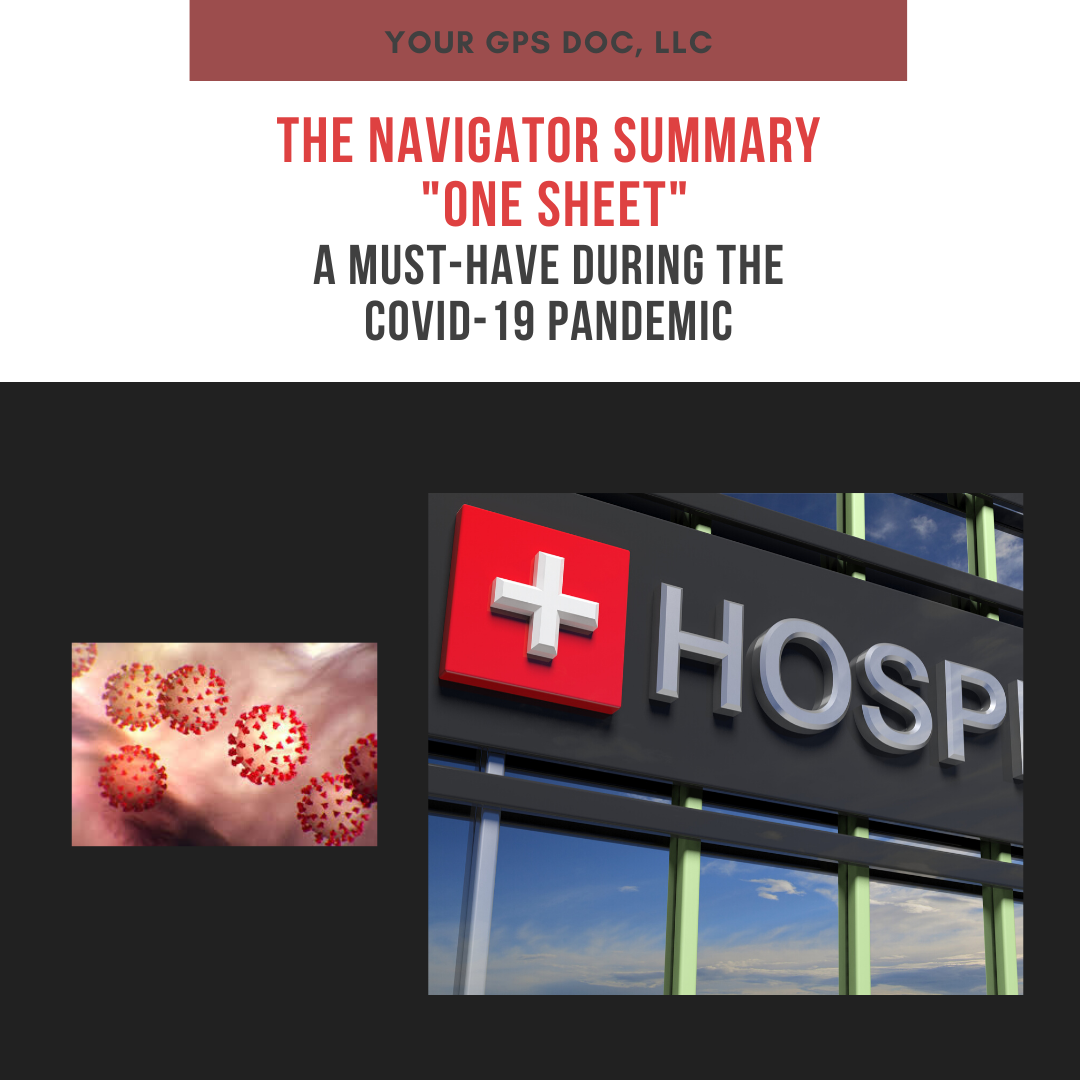Imagine the following scenario: Your grandfather suffers a severe stroke and the doctors tell your family he will never wake up. The entire family is devastated and heartbroken. Your grandmother has had numerous conversations with him and knows he would not want to be kept alive on life support. But your mom and her siblings want the doctors to do everything.
When a loved one is diagnosed with a terminal illness or suffers a catastrophic complication or injury, the emotional distress felt by the family is overwhelming. Families are often torn between a desire to “do everything” and the understanding that additional interventions will likely be futile. This becomes even more complicated when family members don’t agree. During this challenging time, the last thing you want is conflict between your loved ones. These conflicts drive life-long wedges between family members and can be avoided with a single document.
An Advance Healthcare Directive, also known as a Living Will, is a legal document that allows individuals to state their preferences for medical treatment. This document provides instructions to your health care agent, if applicable, (see my blog post on Healthcare Power of Attorney) and to the doctors caring for you. A living will can address any aspect of treatment, but is typically used to communicate preferences regarding life-sustaining therapy. A living will can be general or it can be very specific. It can be used to communicate wishes regarding artificial nutrition or hydration, ventilators, and cardiopulmonary resuscitation (CPR). A living will is used only when the individual is incapacitated and cannot make decisions for him/herself. While it may be unpleasant to think about these things, putting your head in the sand is not the solution. You are never too young for a living will, and if you have aging or ill family members, encourage them to complete a living will today.
Websites like www.legalzoom.com and www.rocketlawyer.com have state-specific forms you can download at no cost. The living will must be signed in the presence of two witnesses. You and your healthcare agent (if one is appointed) should carry a copy of the document at all times. Copies should be provided to all medical providers (including hospitals and nursing homes) as well. Your feelings about your care may change, so you should revisit the document periodically and update it if needed. You may also cancel or revoke the document at any time.





Leave A Comment